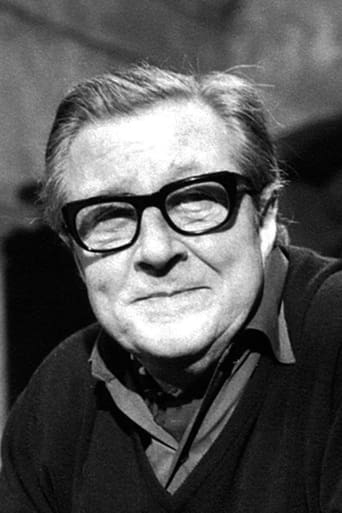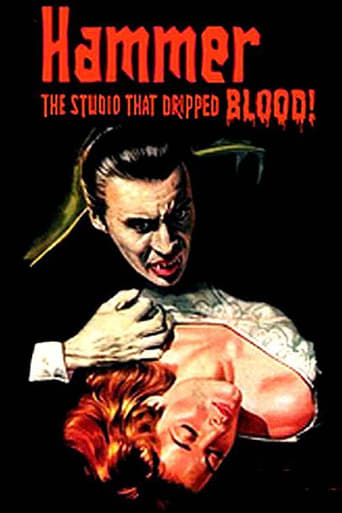

Terence Fisher
From Wikipedia, the free encyclopedia. Terence Fisher (23 February 1904 – 18 June 1980) was a film director who worked for Hammer Films. He was born in Maida Vale, a district of London, England. Fisher was one of the most prominent horror directors of the second half of the 20th century. He was the first to bring gothic horror alive in full colour, and the sexual overtones and explicit horror in his films, while mild by modern standards, were unprecedented in his day. His first major gothic horror film was The Curse of Frankenstein (1957), which launched Hammer's long association with the genre and made British actors Peter Cushing and Christopher Lee leading horror stars of the era. He went on to film a number of adaptations of classic horror subjects, including Dracula (1958), The Hound of the Baskervilles (1959) and The Mummy (1959). Given their subject matter and lurid approach, Fisher's films, though commercially successful, were largely dismissed by critics during his career. It is only in recent years that Fisher has become recognised as an auteur in his own right. His films are characterised by a blend of fairy-tale, myth and sexuality. They draw heavily on Christian themes, and there is usually a hero who defeats the powers of darkness by a combination of faith in God and reason, in contrast to other characters, who are either blindly superstitious or bound by a cold, godless rationalism (as noted by critic Paul Leggett in Terence Fisher: Horror, Myth and Religion, 2001). For a detailed discussion of Fisher's works, see The Charm of Evil: The Films of Terence Fisher by Wheeler Winston Dixon (Metuchen N.J. and London: Scarecrow Press, 1991). Description above from the Wikipedia article Terence Fisher, licensed under CC-BY-SA,full list of contributors on Wikipedia.
Read bio at tmdb | Read bio at Wikipedia
- Born:
- Feb 23, 1904 In Maida Vale, London, England
- Movie/TV Credits:
- 2
- First Appeared:
- In the movie Quelle horreur mon saigneur Dracula 1969-01-01
- Latest Project:
- Movie Hammer: The Studio That Dripped Blood 1987-06-26
| Movie | Hammer: The Studio That Dripped Blood | Self (archive footage) | 1987-06-26 |
| Movie | Quelle horreur mon saigneur Dracula | Self | 1969-01-01 |
